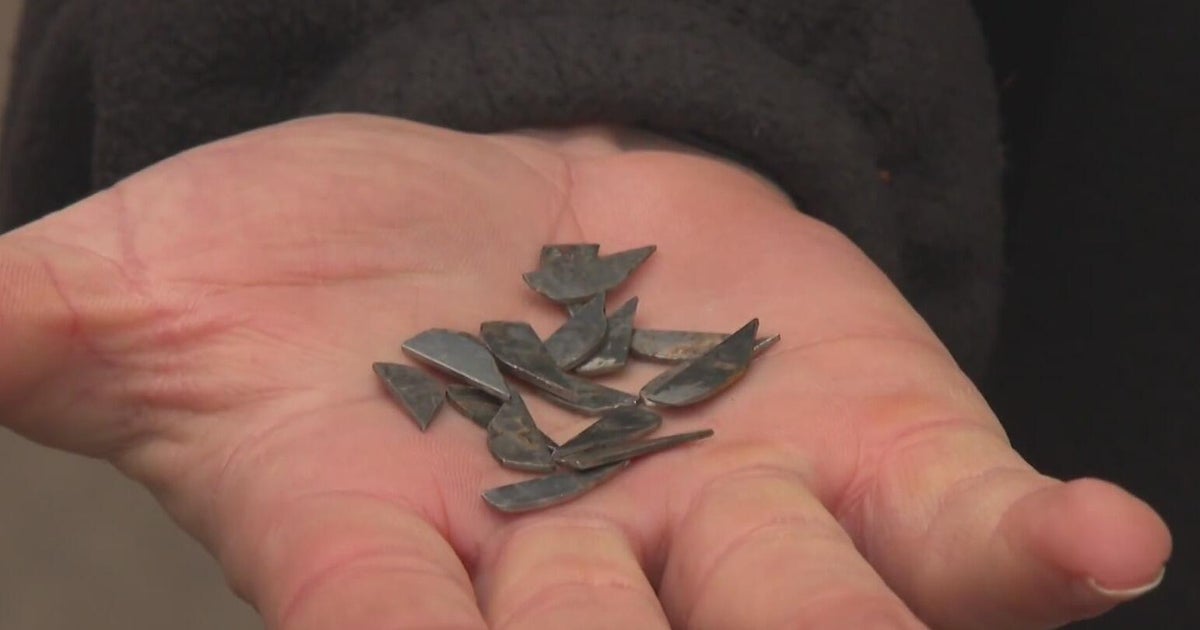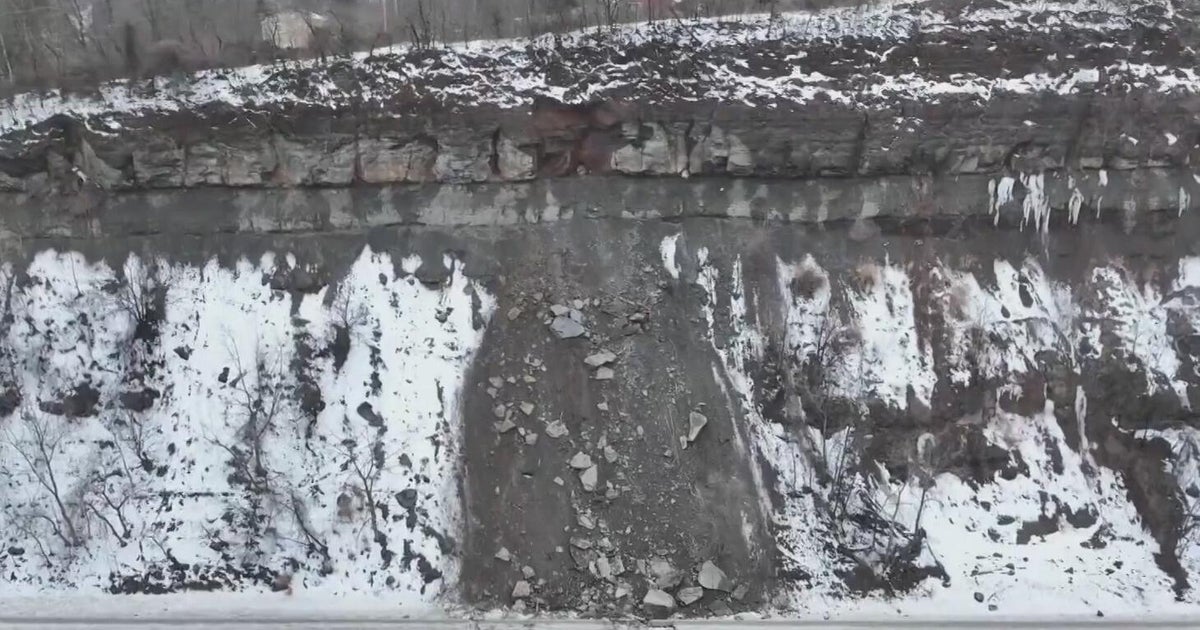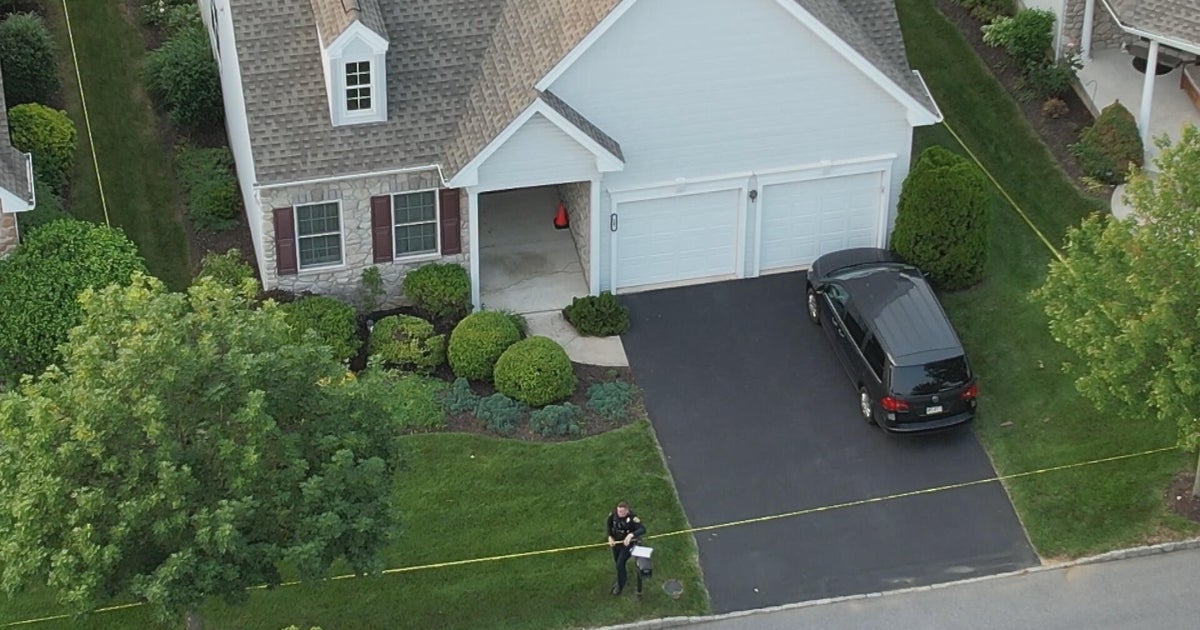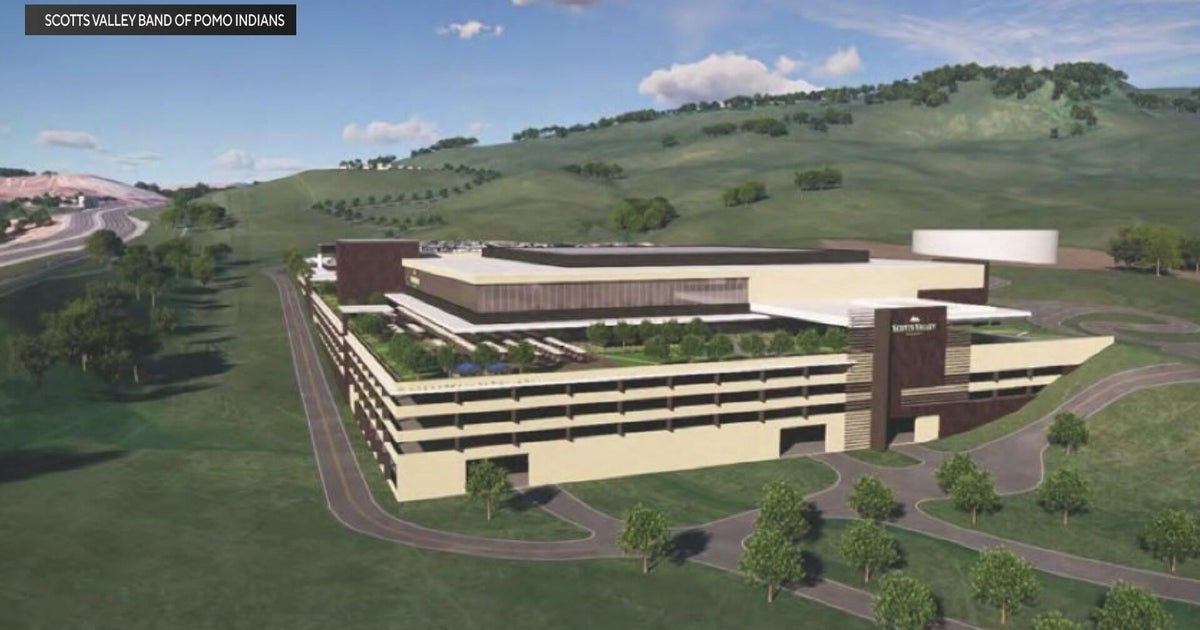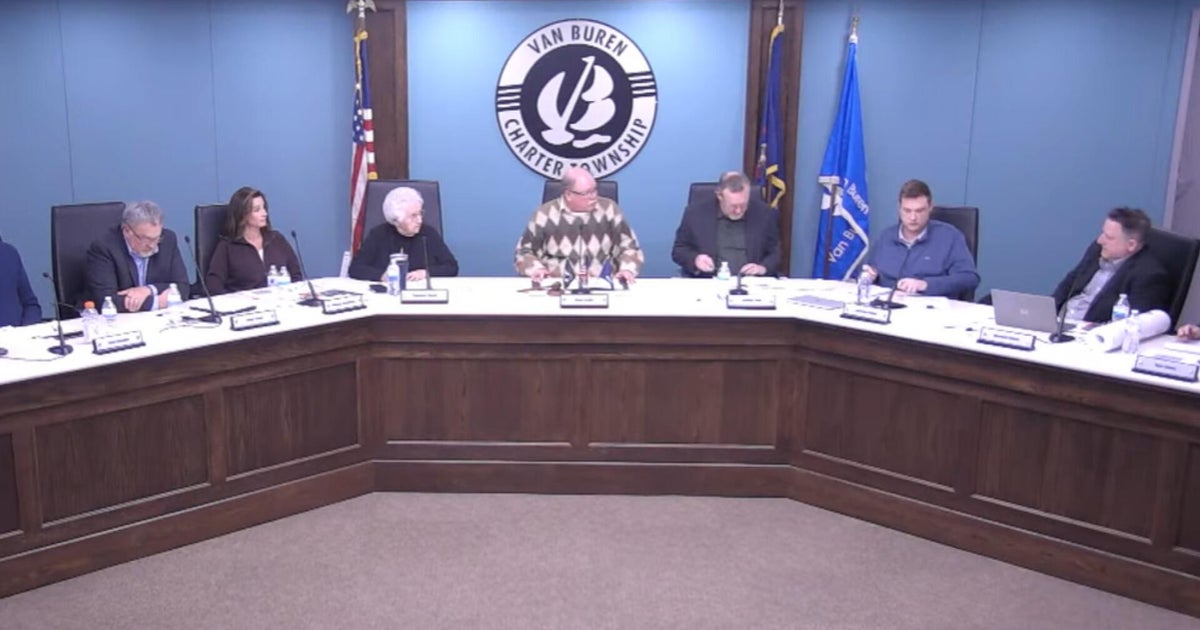Army Corps Of Engineers Set To Remove Nuclear Waste From Parks Twp. Site
Follow KDKA-TV: Facebook | Twitter
APOLLO (KDKA) - The Army Corps of Engineers recently secured a grant to finally cleanup nuclear waste materials at a long-debated site in Armstrong County.
Now, there's concern there's far more material there than they're prepared for.
So what's really buried there? And how dangerous is it?
When she was little girl in Apollo, Patty Ameno played near the Numec Nuclear Materials Plant and their 55-gallon drums of nuclear waste.
Numec, which made nuclear fuel for power plants and atomic submarines, buried the drums in shallow trenches at a 140-acre site in Parks Township.
Ameno, a cancer survivor and activist, has fought for the past 30 years to get it cleaned up.
"Leaving it here is a ticking time bomb," Ameno said.
The good news is that the U.S. Army Corps of Engineers is committed to excavating the waste and restoring the site. They've just been awarded a $350-million contract to do just that.
What's concerning is that when they tried to excavate seven years ago, they found material they didn't know was there and weren't equipped to handle.
"We have some some records of what's buried there, but we know that those records are not complete," Brian Molloy, of the Army Corps of Engineers, said.
Numec, or its successor, accepted nuclear waste from other sources and there are few, if any, records concerning their amount or type. Still, the corps says it's now prepared to remove it all.
"We're prepared to handle anything that comes out of the ground. Whatever that may be," Molloy said.
Air monitors and ground water monitors indicate that the danger has been contained, but there is fear of the unknown and the remote possibility of a nuclear event.
"That's not a mushroom cloud. That's not an explosion. That's a flash of blue light that chances are you wouldn't even see, and every living thing from the epicenter out would start dying," Ameno said.
Excavation should begin within the next two years and last a decade, but the corps says it will be keeping residents safe throughout.
"If we're going to put any of our own workers into those trenches to remediate them, we're going to make sure that they're 100 percent safe before they go in and start doing that work. That should put residents at ease outside the fence line," Molloy said.
Just how much nuclear material is buried at the site won't be known until the contractor begins excavating. Though the process will be long, the corps says it will not stop until the site is completely clear.
